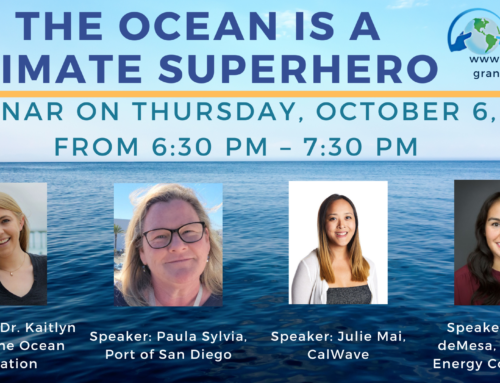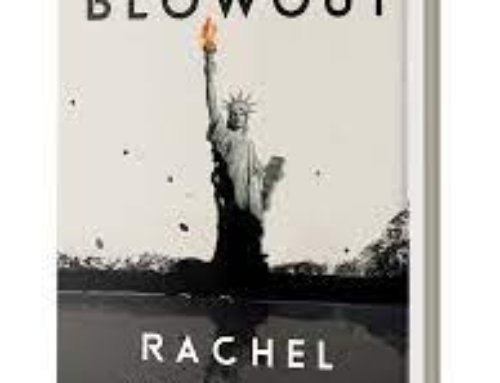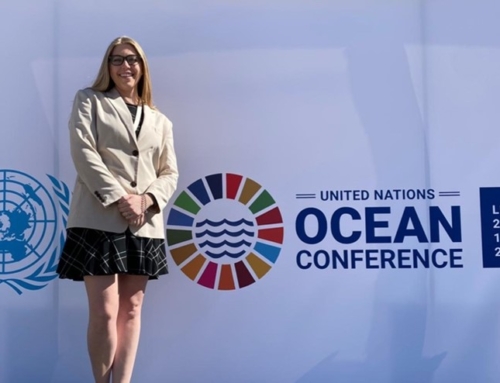Thank you to the 21 people who joined us for our last STAY COOL meeting on Sunday, June 12 when we heard from Crystal Howe, who is the CREEC (California Regional Environmental Education Community) coordinator for San Diego and Imperial Counties. Crystal has been a science educator in San Diego for 14 years and has a degree in Chemistry from UCSD, a Master’s in Educational Administration, and is a National Board Certified Science teacher. It was wonderful to hear Crystal’s passion and insights about how the new science standards will grow our children’s understandings of their impact on the world in which they live.
 Crystal shared with us a high level overview of the Next Generation Science Standards (NGSS) – the teaching standards for K-12 science in California public schools. The framework incorporates three dimensions in teaching: students engage in Science and Engineering Practices to discover or explore phenomena (Disciplinary Core Ideas) while developing a scientific mindset (Crosscutting Concepts). The ultimate goal is to build scientifically literate students by the time they are finished with their K-12 education.
Crystal shared with us a high level overview of the Next Generation Science Standards (NGSS) – the teaching standards for K-12 science in California public schools. The framework incorporates three dimensions in teaching: students engage in Science and Engineering Practices to discover or explore phenomena (Disciplinary Core Ideas) while developing a scientific mindset (Crosscutting Concepts). The ultimate goal is to build scientifically literate students by the time they are finished with their K-12 education.
Scientific concepts have been traditionally taught by a teacher presenting a lecture and hypothesis, then the students performing an experiment that supports the hypothesis. The new NGSS framework incorporate more engaging and critical thinking practices. Climate change science appears in the three dimensions, as students analyze data, construct explanations, and construct models throughout lessons in Earth and Space Science.
Click here to download a PDF of the June 12 Presentation from Crystal Howe.
She explained that in the lessons for “Human Impacts on Earth’s Systems,” for example, kindergarten will learn about recycling and other ways to reduce their impact, while in 5th grade, students will examine in more detail how societal activity affects the earth and will explore the topic through hands-on activities, such as composting or a field trip to a landfill. Then in middle school students will learn more about how plants and animals are being impacted and threatened. By the time highschoolers examine the topic they are already familiar with major climate change issues and focus on sustainable activities that support biodiversity.
In the meeting, Crystal also walked us through a sample classroom discussion about the phenomenon of the grolar bear  – a hybrid of polar bears and grizzly bears has begun to be observed more often in the wild. The teacher will ask the students, “What might be causing the Grolar Bear to be seen more often?” and then lead them in a claim-evidence-reasoning discussion. This explore/explain approach encourages students to ask questions and examine many aspects of an issue such as why polar bear habitats and mating patterns are changing.
– a hybrid of polar bears and grizzly bears has begun to be observed more often in the wild. The teacher will ask the students, “What might be causing the Grolar Bear to be seen more often?” and then lead them in a claim-evidence-reasoning discussion. This explore/explain approach encourages students to ask questions and examine many aspects of an issue such as why polar bear habitats and mating patterns are changing.
A recent nationwide survey of the science teaching profession (published in Science Magazine, February 2016), most US science teachers spend an average of 1.5 hours a year on climate change education and their insufficient grasp of the science “may hinder effective teaching.” It is safe to assume that students will receive about 5-7 hours of climate change-related science a year by 6th grade given these new standards. However, the state is still in the process of developing curriculum for schools to adopt and it may not be until 2018 that we see standard curriculum in our schools.
STAY COOL is working with the Climate Science Alliance – South Coast and their Climate Kids program to support climate science education in Del Mar & Carlsbad elementary schools. We are running several pilot programs in the fall to connect Scripps Institution of Oceanography (SIO) graduate students with classes in public school to presentation climate change concepts. STAY COOL volunteers will help run the science experiments and assist in the classroom.
Are you interested in helping support our program? We could use more members on our committee, and in the classrooms this fall. Please contact sarah@staycool4grandkids.org if you can help!
Also at our meeting we heard from a representative of Citizens’ Climate Lobby about the upcoming Lobby Day in DC this June 19-21. STAY COOL submitted a call to action letter in support of their carbon fee and dividend proposal. Additionally, please help by calling in on the national day of action on Monday, June 20, 2016. Click here to learn more about what to say and ask for when calling your representative.



